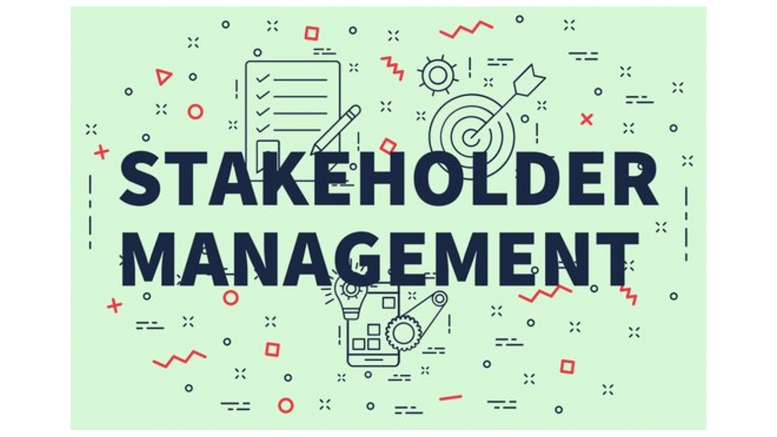The art of managing stakeholders has changed with times. In the past, companies were often tight-lipped and preferred a one-way communication. It was very much a case of ‘we v/s them.’
Today, professionals understand the importance of having a two-way communication. They know how important it is to build and sustain relationships.
Continued from my previous post, here are a few more principals for managing stakeholders:
- Engage in a dialogue
This is very critical. Companies and professionals need to keep their ego aside and work towards understanding the other side. Be humble and cultivate the art of being non-judgmental (very difficult but doable). It is essential that professionals remain flexible and open towards changing their perspective. This can only happen through an open and honest dialogue with stakeholders, whether it is the government or the media.
- Be at the forefront of managing relationships
You need to take the driver’s seat in managing the relationships. Do not wait for the other party to reach out. When you are in constant touch with your stakeholders, you ensure that your organization and you are on top of their mind. Rest be assured, the media will reach out when there is a story being filed that is pertaining to your sector or your organization. The same principle works with the government.
- Learn to negotiate
Very early in my corporate affairs role, I was once told that there is no quid pro quo with the government. The government expects you to put in your resources, but they won’t do much. Over time and with experience I have learnt that the government is also keen to partner with companies. They are very much aware that they cannot do everything on their own. They need partners. And they are willing to come forward, provided, you as a professional, know exactly what to negotiate for. This once again reiterates the importance of getting to know your stakeholders well and understanding their expectations.
- Redesign your strategy as per evolving trends
Businesses are impacted with changing geo-political environment and the competition around them. Those managing stakeholders also need to continuously evolve and relook at their outreach strategies. You will need to constantly monitor the environment and assess whether your past strategies will work in new situations. Agility and flexibility will be important to developing the right messaging and targeting important stakeholders.
- Communication is key
Ensure that your communication is clear and consistent. This means that you need to pay attention to your internal stakeholders as well. What you say externally has to be aligned with what you share within your organisation. Your employees are in the end, your brand ambassador.
Your objective should be to engage with your stakeholders and work with them to solve today’s challenges together. The more you understand your stakeholders, the more effective would be your engagement with them. Your stakeholders can be your spokespersons too and create a circle of influence that would have a profound and positive impact on the business.
In the end, the purpose that each stakeholder has is to ensure a better, equitable world for all. That should be the purpose of your outreach as well.
The views and opinions published here belong to the author and do not necessarily reflect the views and opinions of the publisher.



Be the first to comment on "The art of managing stakeholders – II"